Monitor your pool chemical levels
Just like us, pools like to be left in peace and harmony, it’s important that the pH levels of the water are balanced, just above neutral; this generally means maintaining a level of about 7.4-7.6. And just like your favourite baked delicacies, the ingredients need the right proportions too. The main elements you need to consider are: pH level, Alkalinity levels and the calcium hardness levels. (Don’t worry—your pool water doesn’t need gallons of milk.)
pH levels
pH levels aren’t super reliable, as they can be affected by all sorts of things that might come into contact with the water; this could include, but is not limited to, rain, other liquids, as well as people entering the water. You don’t want the pH levels in your water to be too low, as that can be an indicator of acidity; you also don’t want it to get too high, it’s satisfactory but not ideal. Keep a pH increaser nearby for instances such as this, and monitor the alkaline levels as well—as this can also help improve the pH levels, so you can knock out both jobs at once.
Alkalinity
The magic number for alkaline levels is usually between 100ppm and 150ppm, though it can vary slightly. Alkalinity also helps balance pH levels in your pool by absorbing any substance it comes across that could change the level of pH before it can interfere with the pH scale. Just like pH, alkaline levels are prone to change and can jump around quite a bit, so it’s not a bad idea to store some alkalinity increase nearby.
Calcium
Calcium hardness shouldn’t be too hard to get your head around. Basically, your pool craves calcium and without enough of it, it may start tapping into your pool’s plaster for its calcium supplies instead. Hence, the walls and floor of your pool start to calcify. Luckily, you can avoid this by adding calcium hardness chemicals to your water, and protect the longevity of your pool walls.
Monitor chlorine levels with salt chlorine generator
Your pool’s chlorine levels should preferably sit around 1ppm and there are a few ways to achieve this. Chlorine tablets, for one, as this is a relatively straightforward way of getting chlorine into your pool. You could also try a powdered pool chlorinator or a salt water chlorinator. Salt chlorinator generators are pretty amazing because they turn regular table salt into salt water! This is a highly efficient way to sanitise the water in your pool. A salt water chlorinator is also an environmentally-friendly investment when compared to regular chlorine; chlorine is toxic and can cause serious harm to soil and can contaminate underground water supplies. Conveniently enough, you can find a salt water pool chlorinator, and much more, at Laguna Pools, as pools and pool accessories are kind of our specialty.
Use pool chemicals to balance your water
Assess the level of your pool chemicals frequently, particularly the pH and alkaline levels. If they’re too low or too high, use a product designed for maintaining balance in your pool or spa. This could mean increasing or decreasing the pH and alkaline levels in your pool, depending on the situation.
Sanitise your pool with sea minerals
It’s important to make sure your pool is clean and well maintained. One method of sanitising your pool is the stabilised chlorine route, but as chlorine can be harsh on the hair and skin, many prefer to use salt and minerals. A highly sought after mineral for the sanitation of pools is dead sea salt—in fact, dead sea salt is known to improve skin quality and treat a number of health conditions, including psoriasis, inflammation and arthritis—which you can find online at Laguna Pools. Native to Tiberias in Israel, the deepest lake in the world, and studies have shown that the magnesium salts in dead sea salt have positive effects on the skin when submerged in water with the substance.
Buy pool chemicals online
At Laguna Pools, we have all the premium products you need to maintain and sanitise your spa or pool. Shop our pool and spa chemicals now.

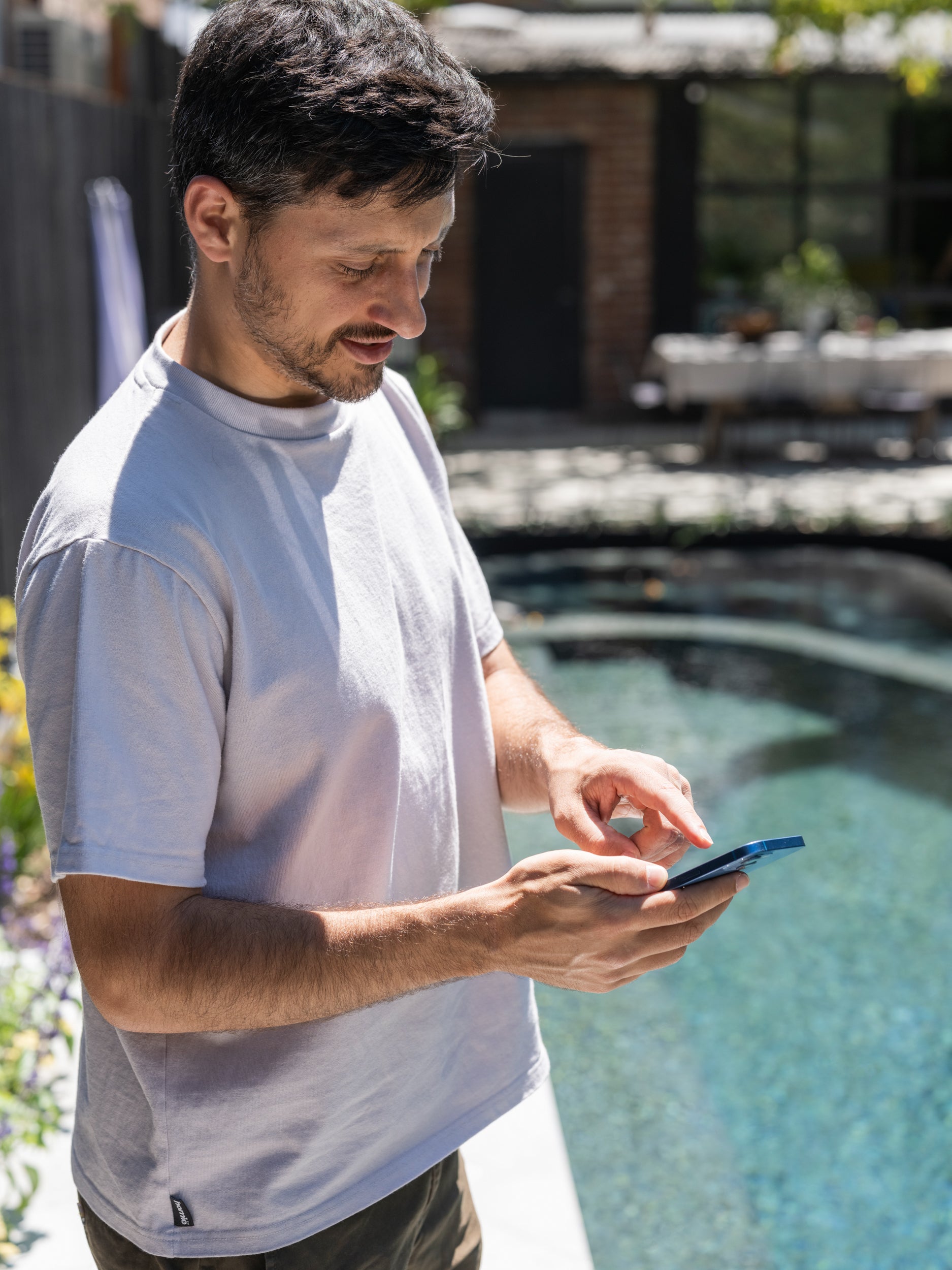
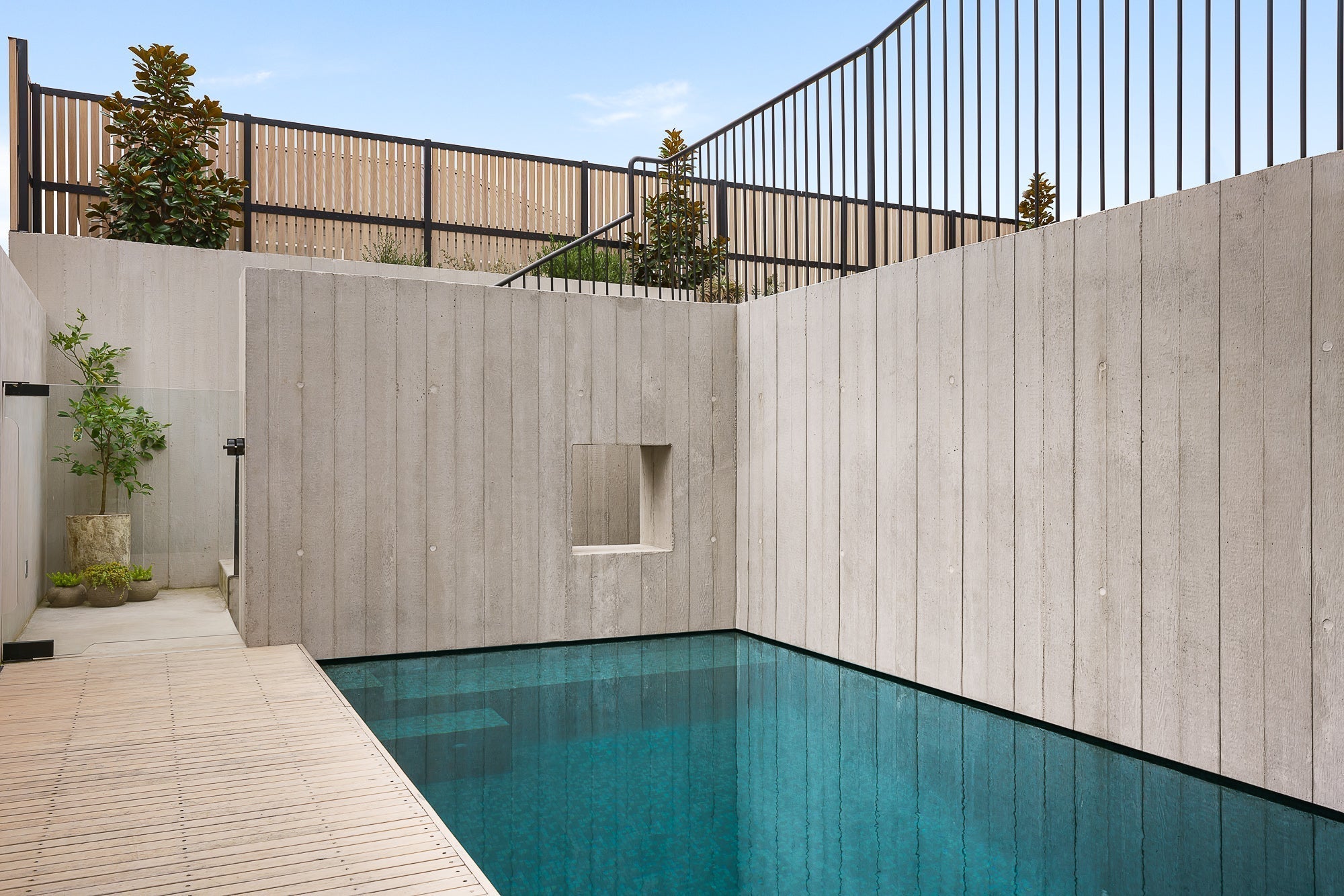
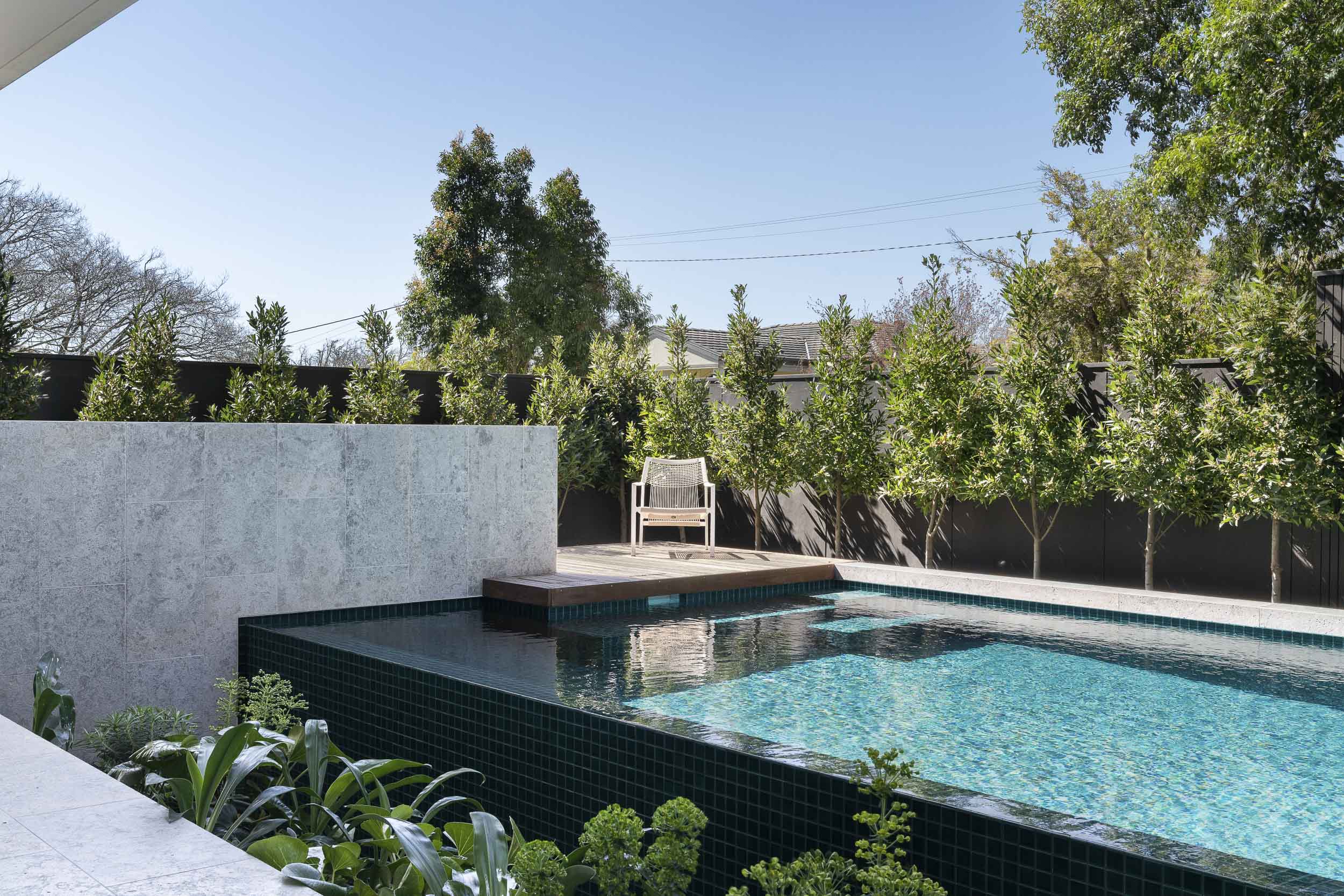
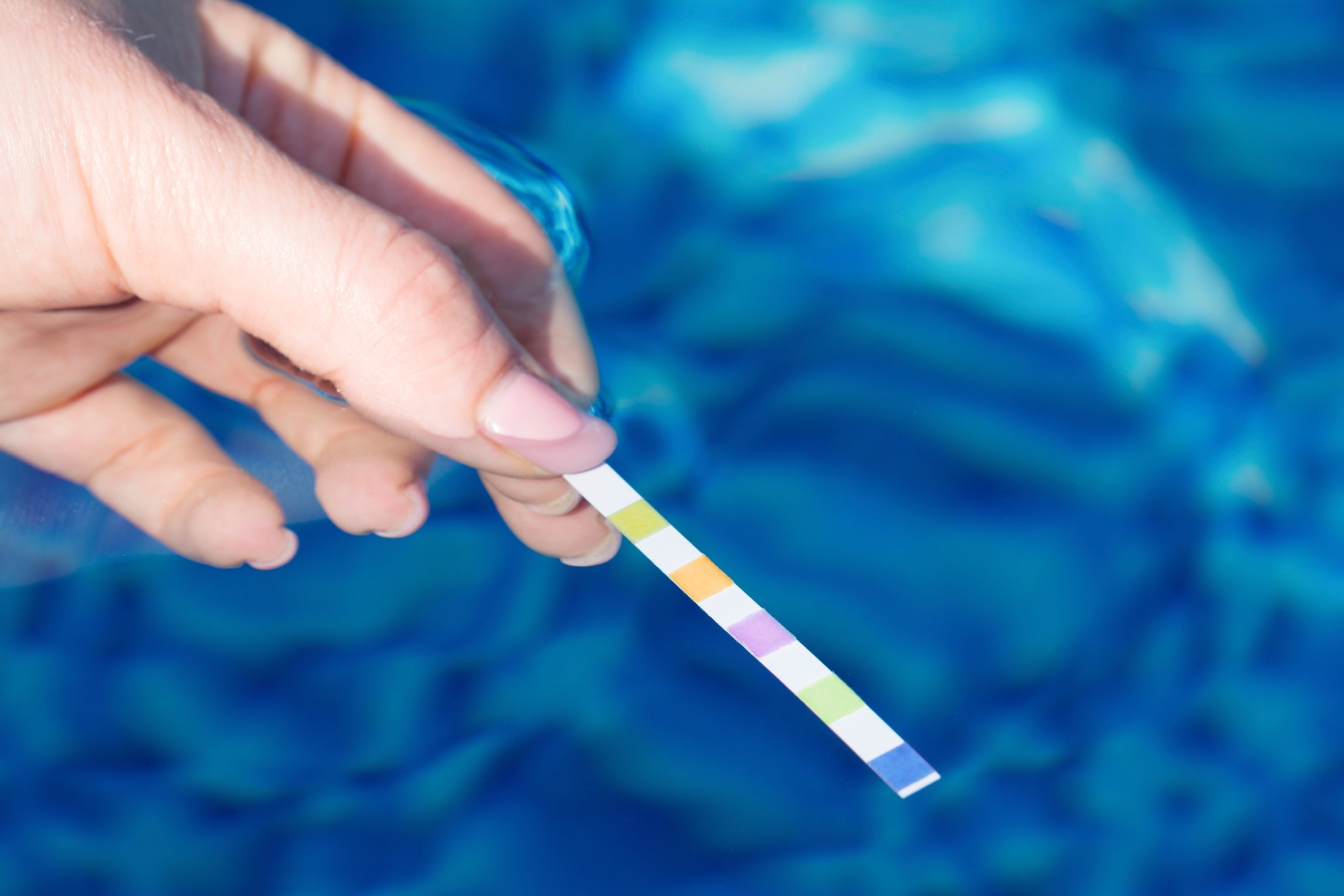
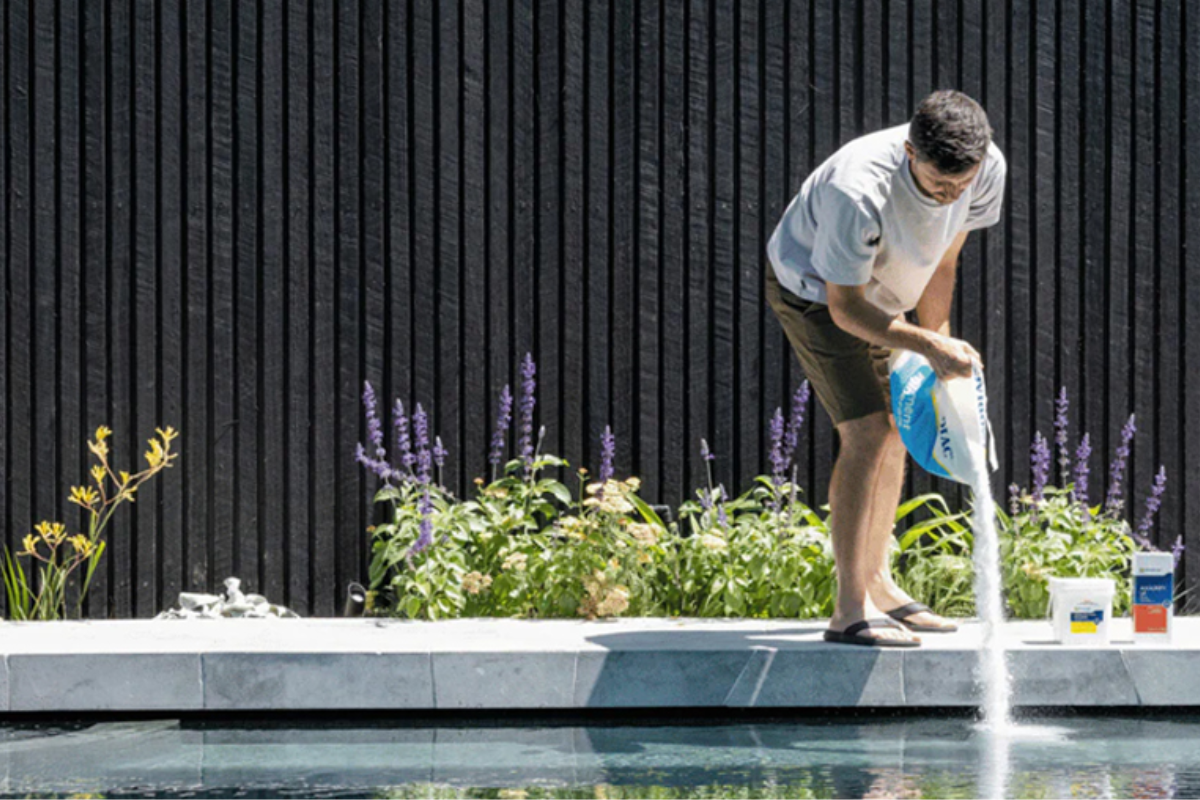
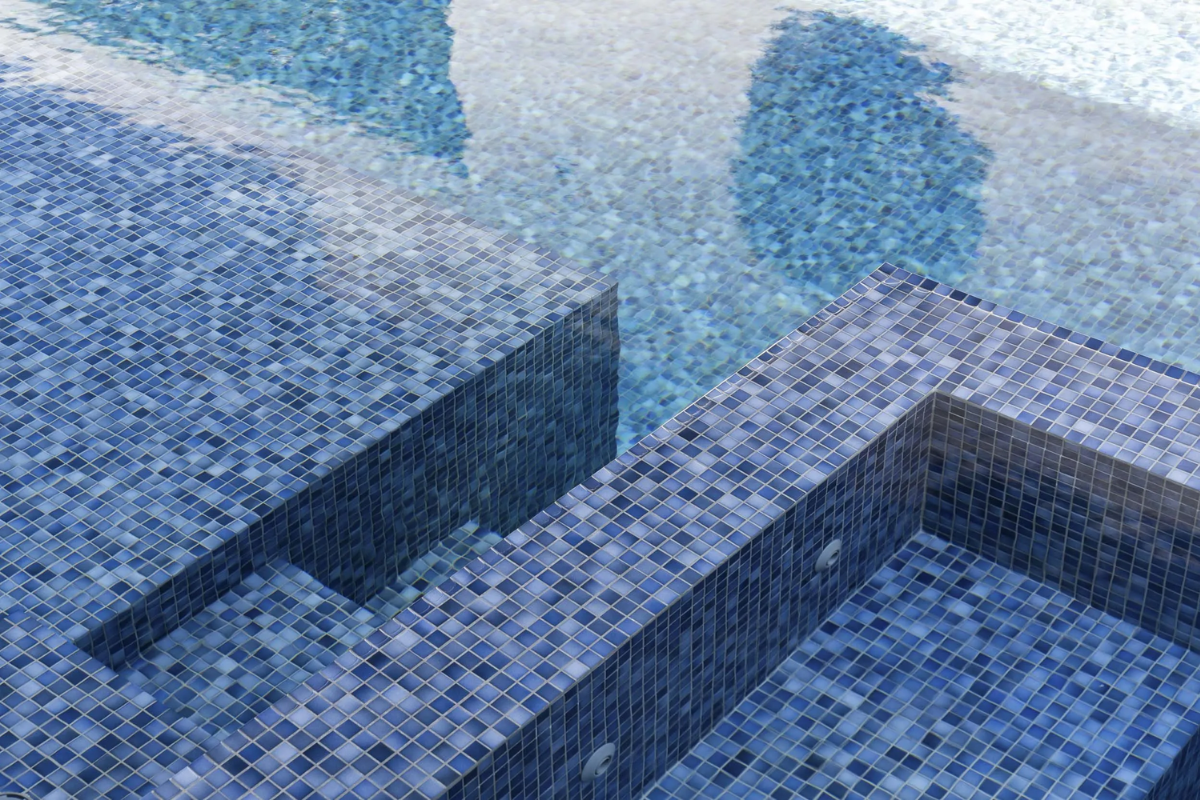
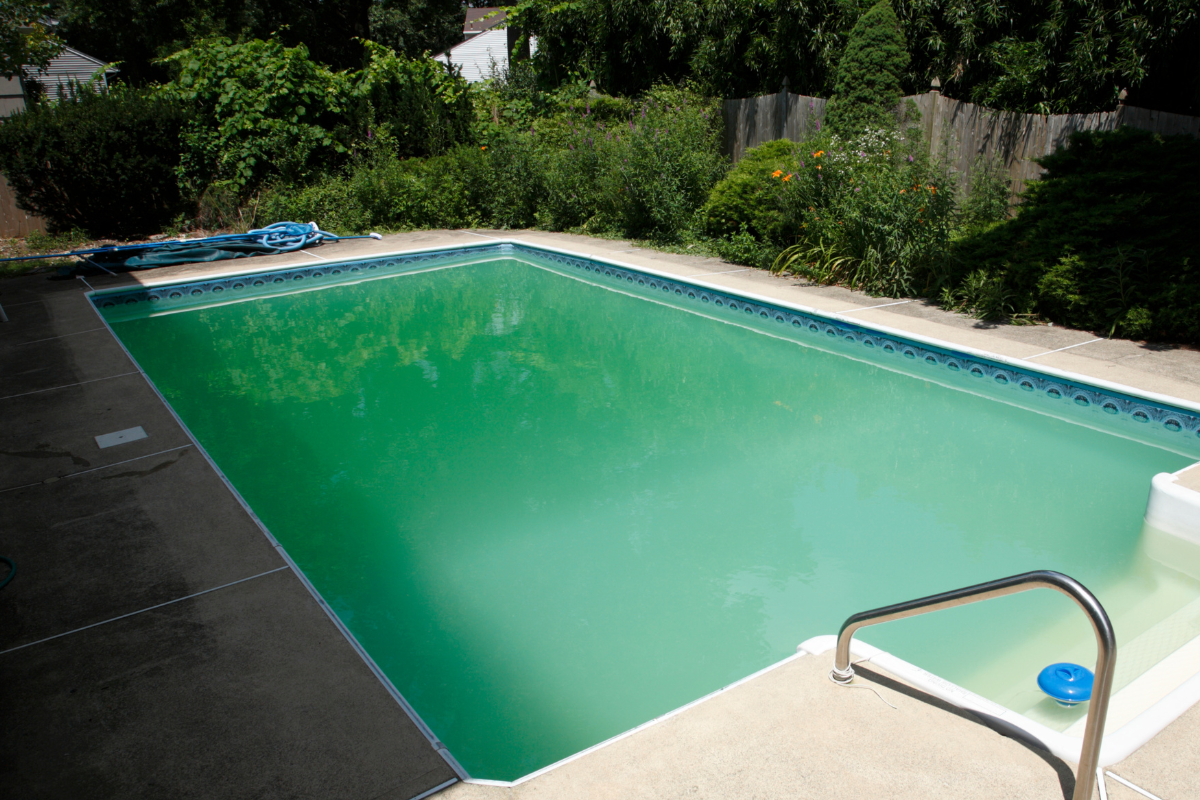
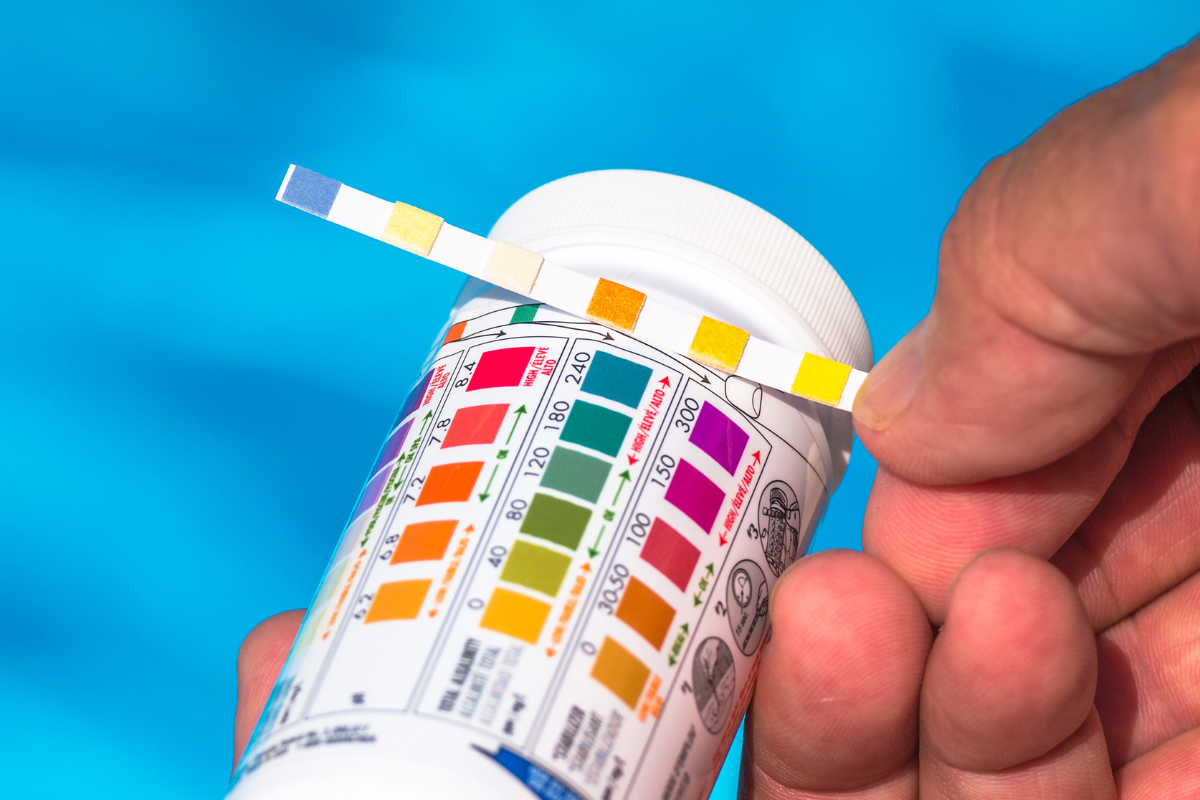
Share:
What Are Dead Sea Minerals & What Are Their Benefits
How to Test Your Pool Water